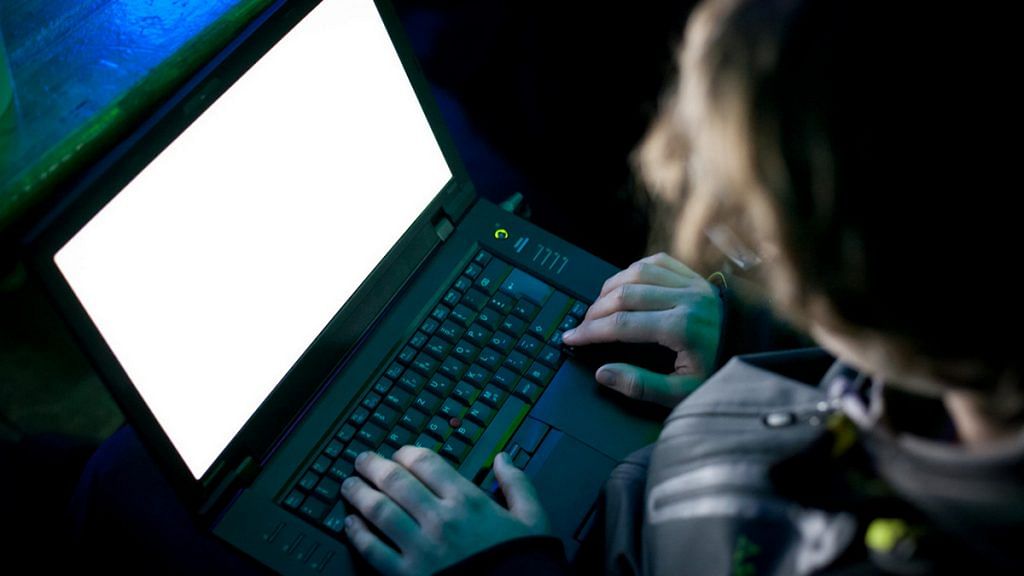New Delhi: The Modi government Friday backed its surveillance order from December 2018 suggesting that it would be employed only as a last resort.
The government had issued a notification on 20 December last year, authorising 10 central agencies to intercept, monitor and decrypt any computer system.
In an affidavit filed with the Supreme Court, the Centre said surveillance would be done only if securing information is not possible through other avenues. The messages intercepted would be deleted every six months unless the relevant information is required at a later stage, it added.
The Modi government submitted that “grave threats to the country from terrorism, radicalisation, cross-border terrorism, cyber crime, organised crime, drug cartels cannot be understated or ignored…”.
“…A strong and robust mechanism for a timely collection of actionable intelligence, including signal intelligence, is imperative to counter threats to national security,” it said.
“This is legitimate State interest,” read the affidavit.
It is therefore imperative that requests for lawful interception or monitoring must be dealt with by the executive authority to maintain speed and promptitude in taking decisions, it said.
The Centre further said that though right to privacy is important, this veil of privacy can be lifted for legitimate state interest.
However, the government emphasised that there is no “blanket permission” to any agency for surveillance.
Its submission came in response to a clutch of pleas challenging the 20 December order which was roundly criticised over privacy fears.
Also read: Home ministry refuses to reveal ‘top secret’ info about Modi govt’s ‘snooping’ order
Not vague anymore
The Modi government also said that the Centre had the power to keep a tab on people since 1885, according to the Indian Telegraph Act. The State further said that provisions contained in Section 69 of the Information Technology Act 2000, have been in operation since 2009.
The new order is an amendment of the earlier provisions as interception, decryption and monitoring of the people have now become more streamlined with only the 10 central agencies authorised to do so.
Only select agencies have been granted the power to monitor citizens and tapping is done for a specified or precisely defined purpose — that too is done only in the State’s interest or in larger public interest, said the affidavit.
Section 69 of the IT Act has safeguards to protect the fundamental rights of the people, it added.
In its submissions, the home ministry also said that the new order actually removed the vagueness with which tapping was earlier done.
It clarified that while the Telegraph Act was simply confined to messages, the new IT act applies to the modern world.
So, the IT Act gives the monitoring agencies authority to decryption, interception and monitoring of any information generated, transmitted, received or stored on any computer source — any sound, video, data, text, message, microfiches, microfilm, software and codes fall under this ambit, said the affidavit.
The ministry emphasised that monitoring would be done only after requisite permissions are given by the union home secretary. Every case of encryption and interception will also be placed before a review committee.
Also read: Both BJP and Congress are complicit in expanding state surveillance without legal basis
This report has been corrected to reflect the competent authority for providing permissions.
